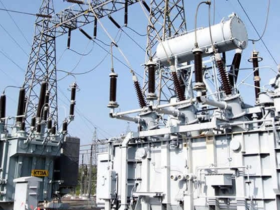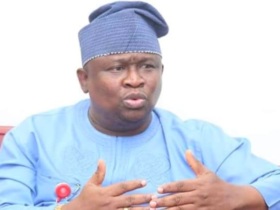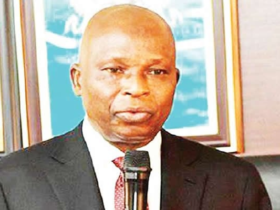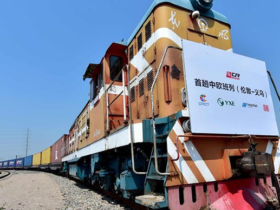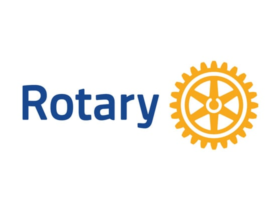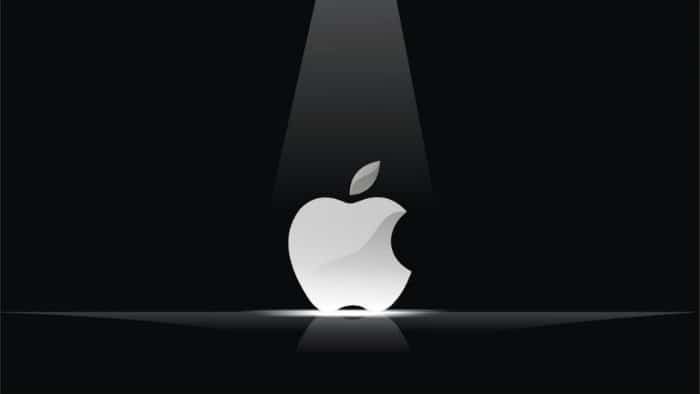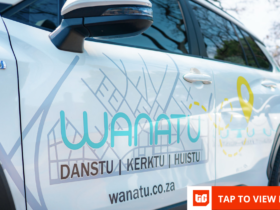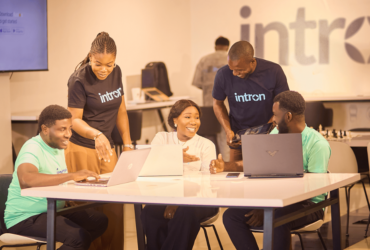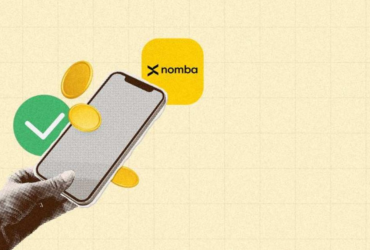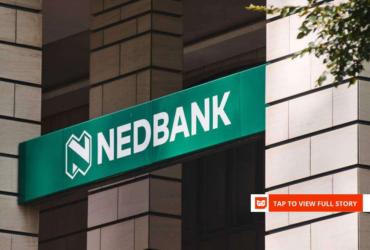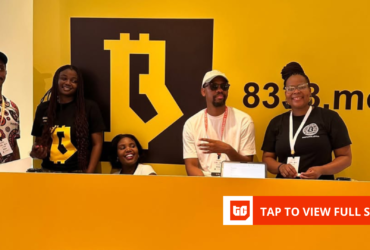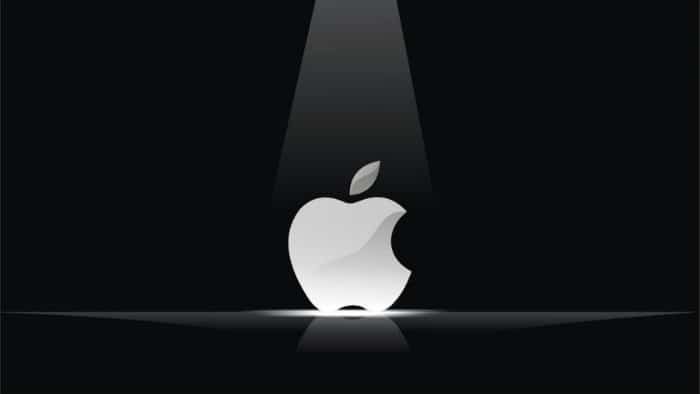
Many are fascinated by the latest iPhone, yet the reality for some children in the Democratic Republic of Congo (DRC) is far from glamorous. These children work in hazardous mines, extracting minerals like tin, tantalum, and tungsten, which are essential for electronic devices. The abundance of these valuable minerals in the DRC has unfortunately led to unregulated small-scale mining, often with severe consequences for local communities.
In recent years, there have been efforts to advocate for peace by urging the accountability of companies involved in unethical mining practices in the DRC. Earlier this year, human rights advocates sued major tech companies, including Apple, Google, and Dell, for allegedly benefiting from child labor in their supply chains.
The Congolese government has taken a stand by filing criminal complaints against Apple for its alleged complicity in this exploitation.
The government has lodged criminal complaints against Apple and its subsidiaries in France and Belgium, accusing the tech giant of utilizing conflict minerals in its supply chain. The legal action accuses Apple’s French and Belgian subsidiaries of concealing war crimes, engaging in money laundering, dealing with stolen goods, and providing false information to consumers regarding the ethical sourcing of its products.
These mines are controlled by armed groups that rely on child labor to operate. Supporting these groups perpetuates the cycle of child labor in mines, leading to more children being subjected to similar conditions. This also contributes to funding conflicts against the Congolese government and causing revenue loss for the country. A UN report in March 2024 indicated that over 7.2 million people in the DRC had been internally displaced, with more than 80% of displacements attributed to armed attacks and clashes related to illegal mining.
Apple asserts its commitment to ethical sourcing by highlighting its conflict minerals report and supplier audits. However, the filed complaints challenge Apple’s position. The legal team from the DRC alleges that Apple benefits from minerals obtained through illegal mining operations in the country and subsequently launders them through complex global supply chains, implicating the tech giant in human rights violations.
What does this mean for Apple? Companies like Apple are obligated by international laws to conduct thorough due diligence. To address these accusations, Apple must demonstrate the sources of its minerals and ensure that it does not procure minerals extracted illegally in the DRC and then laundered through legitimate supply chains.

